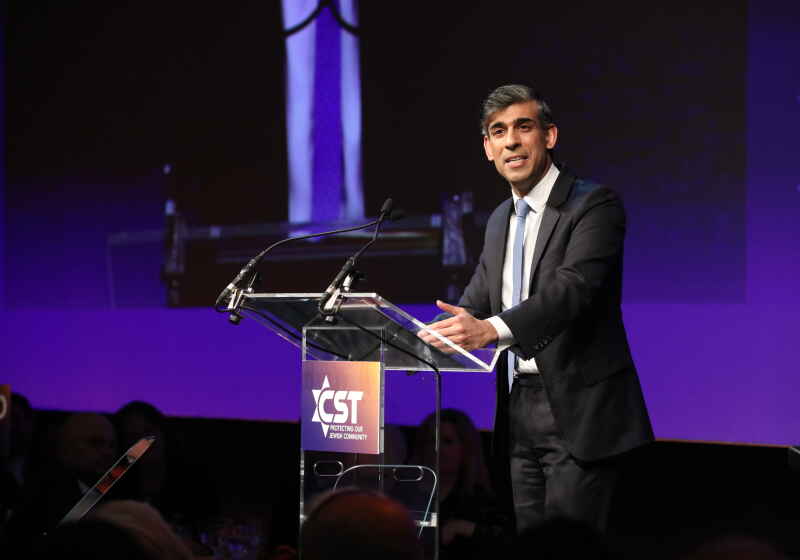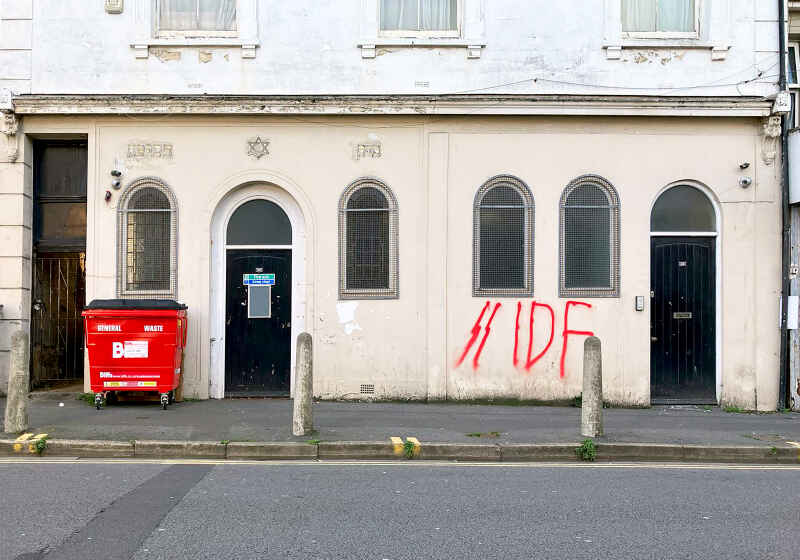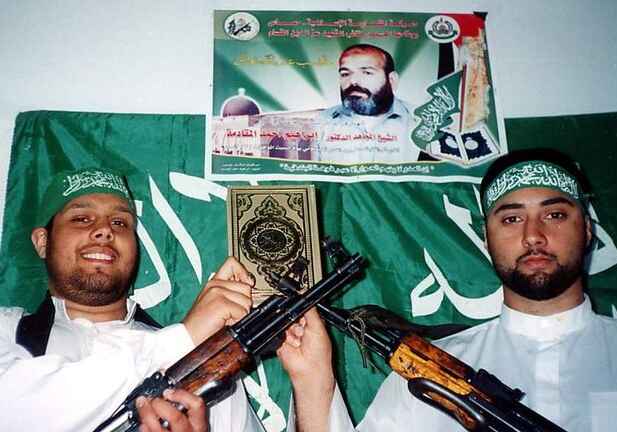CST Blog
Joining up Prevent
9 September 2009
The Taxpayers' Alliance has done a valuable service in obtaining and publishing full details of the funding given to hundreds of Muslim groups around the country, under the label of Preventing Violent Extremism, as part of the Prevent strand of the government's Counter-terrorist strategy, or CONTEST. This strategy, and especially the Prevent part of it, is a new and developing area of policy and this information is vital if its successes and failures are to be properly assessed, so that the policy can be as effective as possible.
There are many critiques that can be made of Prevent. Ed Husain quite rightly points out that the money needs to go to the right people, who will use it to make a genuine impact on rolling back the radical ideologies that support and encourage terrorism; Alexander Meleagrou-Hitchens gives one example of where this appears to have not happened. Others have made valid points about the damage of framing ordinary community-focused projects as part of the work against violent extremism, and the divisive impact of channelling so much money and attention - positive or negative - to just one community. Despite its flaws, Prevent remains an important policy area, and one where constructive criticism and quick learning can hopefully improve its focus and impact.
One way to do this would be to join up the part of the policy that aims at preventing terrorism, with that which aims at improving community cohesion; a connection which does not automatically follow as some might think. Two examples from the TPA report illustrate the gap between the two. The Islamic Foundation received over £6,000 funding for a scheme mapping "Muslim women's involvement in community initiatives" - an uncontentious and valuable community cohesion project. But the Islamic Foundation is also one of this country's main publishers and distributors of the works of Sayyid Qutb and Abul Ala Mawdudi - both of whom were named in the government's CONTEST strategy paper published in March this year as key ideologues of violent extremism. There is no point funding an organisation to do valuable work on community cohesion, if that organisation is simultaneously promoting ideological texts that, according to the government's own analysis, support and encourage violent extremism.
Another example shows just how fragile these partnerships can be, if they are not founded on shared values. In February 2007, the North London Central Mosque - better known as Finsbury Park Mosque - received a grant of £20,000 for a report "on combating extremism and terrorist propaganda in communities and institutions". Two years later, one of the then trustees of the mosque, Mohammed Sawalha, would later go on to sign the Istanbul Declaration - as clear an example of "terrorist propaganda" as you are likely to find. It is not sustainable to build a counter-terrorist strategy on partnerships with people whose opposition to terrorism is entirely contingent on time and place: they will always let you down.


